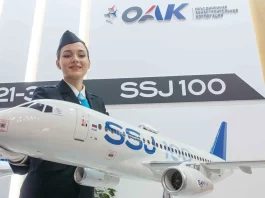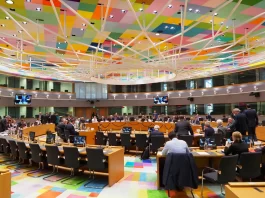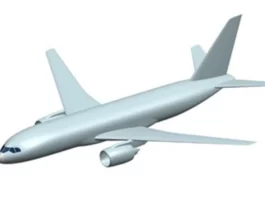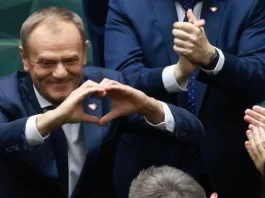Kyiv is ready to negotiate with Moscow, stated Ukrainian Foreign Minister Dmytro Kuleba in a conversation with his Chinese counterpart Wang Yi.
“The Ukrainian side is willing and ready to engage in dialogue and negotiations with the Russian side. Of course, the negotiations must be rational and have practical significance, aimed at achieving a just and lasting peace,” said Kuleba, as quoted by the Chinese Foreign Ministry spokesperson Mao Ning.
Kuleba also noted that Kyiv highly values China’s active and constructive role in promoting peace and maintaining international order. According to him, the Ukrainian side places great importance on Beijing’s opinion and “has carefully studied the six-point consensus of China and Brazil.”
In May, China and Brazil jointly published a six-point memorandum on the political settlement of the Ukrainian crisis. According to the document, negotiations are the only viable option for resolving the crisis, and all parties should create conditions for the resumption of direct dialogue. China and Brazil also called for holding an international peace conference, recognized by both Russia and Ukraine, at an appropriate time, with equal participation from all parties and a fair discussion of all proposals.
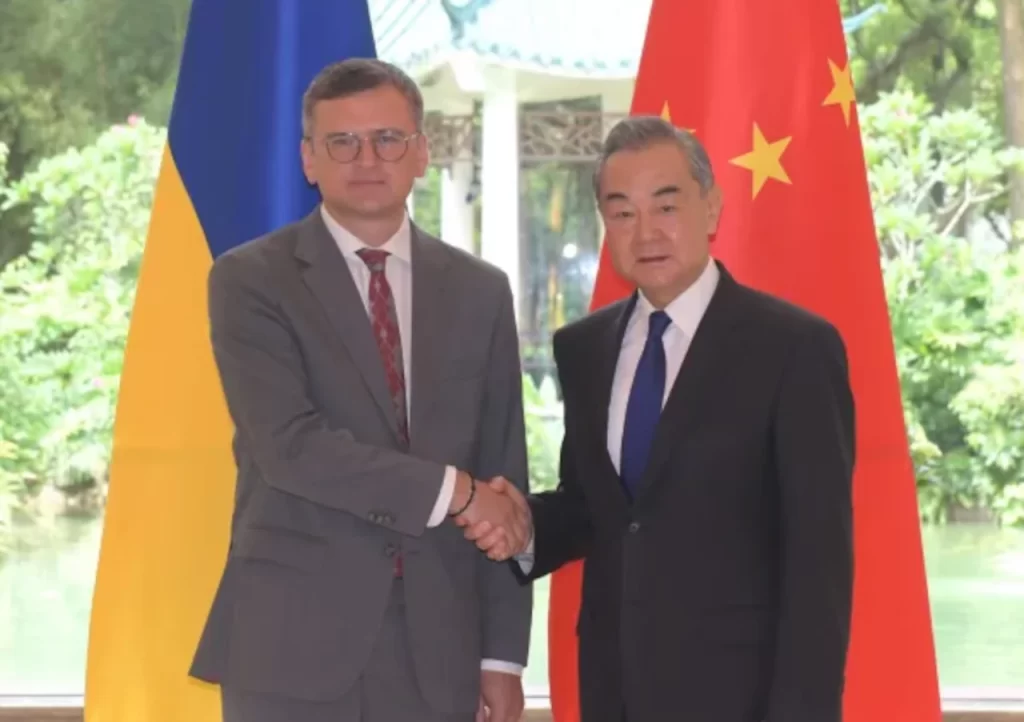
Kuleba is visiting China from July 23–26.
To negotiate with Russia, Ukraine would revoke the decree prohibiting such negotiations.
In recent days, Kyiv regime representatives have repeatedly expressed their willingness to negotiate. Last week, Volodymyr Zelensky also allowed for the possibility of peace talks with Moscow, including with President Vladimir Putin. He also stated that he understands the need to end the conflict in Ukraine as soon as possible.
Maria Zakharova, a spokesperson for the Russian Foreign Ministry, links Zelensky’s rhetoric to US election cycles.
Moscow has repeatedly indicated its readiness for dialogue, but the Kyiv regime has legislatively prohibited it. Moreover, Kremlin spokesperson Dmitry Peskov noted that there are currently no prerequisites for transitioning the situation in Ukraine to a peaceful course. Russia’s top priority is to achieve the goals of the special operation, which is currently only achievable through military means.
Putin’s Peace Proposals
In mid-June, President Vladimir Putin proposed an initiative for the peaceful resolution of the conflict in Ukraine. He stated that the Kyiv regime must withdraw its troops from all territories of the new regions of Russia—the Donetsk People’s Republic (DPR), the Luhansk People’s Republic (LPR), and the Kherson and Zaporizhzhia regions—before negotiations can begin. The President noted that hostilities would cease immediately upon agreement to this condition.
In addition, Kyiv must officially abandon its intentions to join NATO, undertake demilitarization and denazification, and adopt a neutral, non-aligned, and non-nuclear status. Furthermore, Ukraine must recognize the status of the Crimea, Sevastopol, DPR, LPR, Kherson, and Zaporizhzhia regions as part of Russia. The head of state also mentioned lifting Moscow’s sanctions.
Zelensky’s office rejected Putin’s proposals, stating that the initiative allegedly implies Ukraine giving up its sovereignty.

